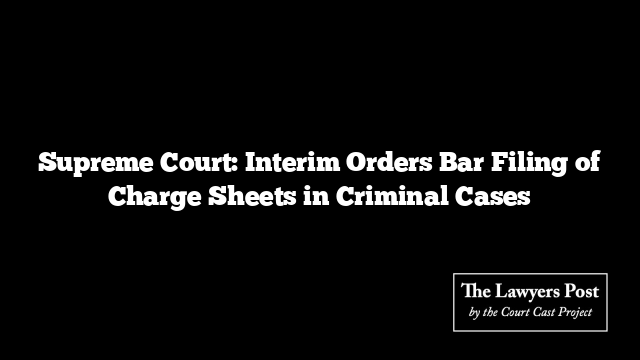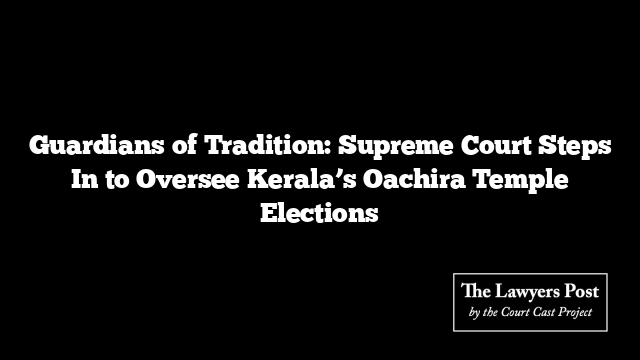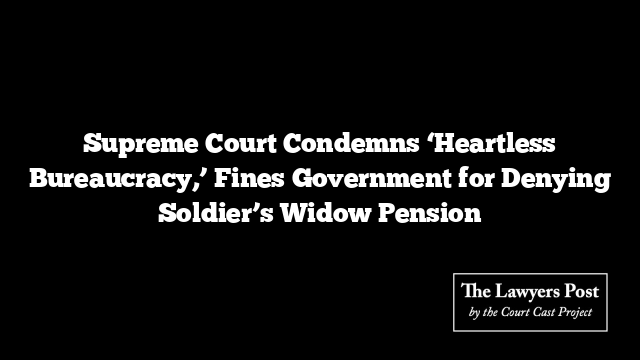The Supreme Court has clarified that filing a charge sheet is impermissible when an interim order restrains coercive action against an accused. This ruling came as the Court discharged contempt notices issued to three Jharkhand police officers who apologized for filing a charge sheet despite such an order.
A bench comprising Justices Abhay Oka and Augustine George Masih reviewed affidavits submitted by the officers—Deputy Superintendent of Police Deepak Kumar, Investigating Officer Tarkeshwar Prasad Kesari, and Station House Officer Dayanand Kumar. The Court accepted their apologies and directed the state to amend a 2011 directive that erroneously permitted the filing of charge sheets under these circumstances.
A Misguided Directive
The officers based their actions on a 2011 letter from the Additional Director General of Police (ADGP) of Jharkhand, which stated that interim orders against coercive action did not preclude filing charge sheets. The Supreme Court condemned this interpretation as “completely illegal,” asserting that it violated the intent of judicial directives.
Advocate Vishnu Sharma, representing the state, was instructed to ensure the ADGP promptly revises the letter to align with the Court’s ruling.
Apologies Accepted, Notices Discharged
Acknowledging the officers’ misinterpretation of the law, the Court concluded that further punitive measures were unnecessary, discharging the contempt notices issued against them.
The Landlord-Tenant Dispute Behind the Case
This ruling stemmed from a landlord-tenant conflict in Jharkhand, where the tenant, the spouse of a former police director, filed a criminal case against the landlord’s family. Allegations included property damage and assault, which the landlord claimed were retaliatory following eviction proceedings.
The Supreme Court had issued an interim order in August 2023, halting police action against the landlord. However, a charge sheet was still filed in September 2023, leading to the contempt proceedings.
The case underscores the critical need for clarity and adherence to judicial orders, ensuring the sanctity of legal safeguards for all parties involved.





